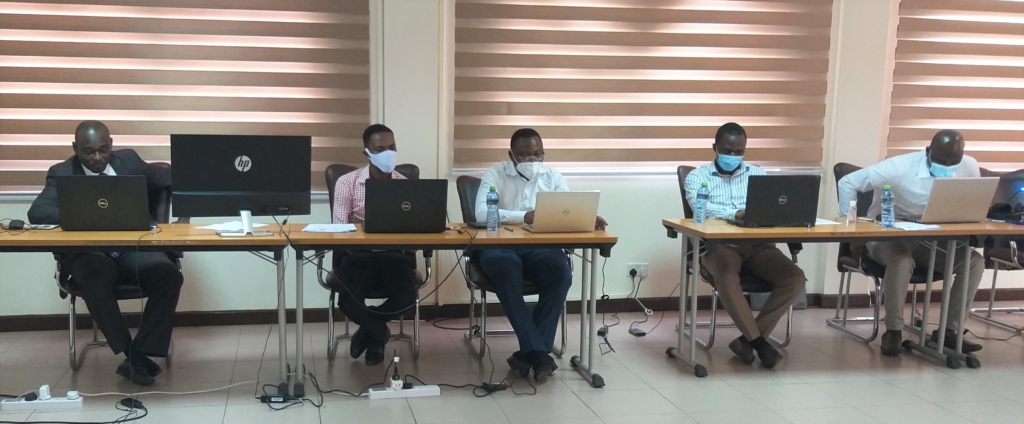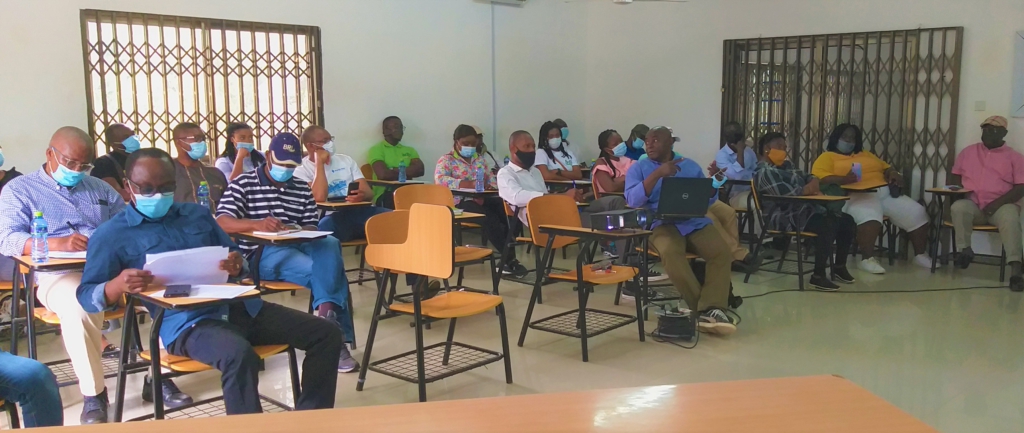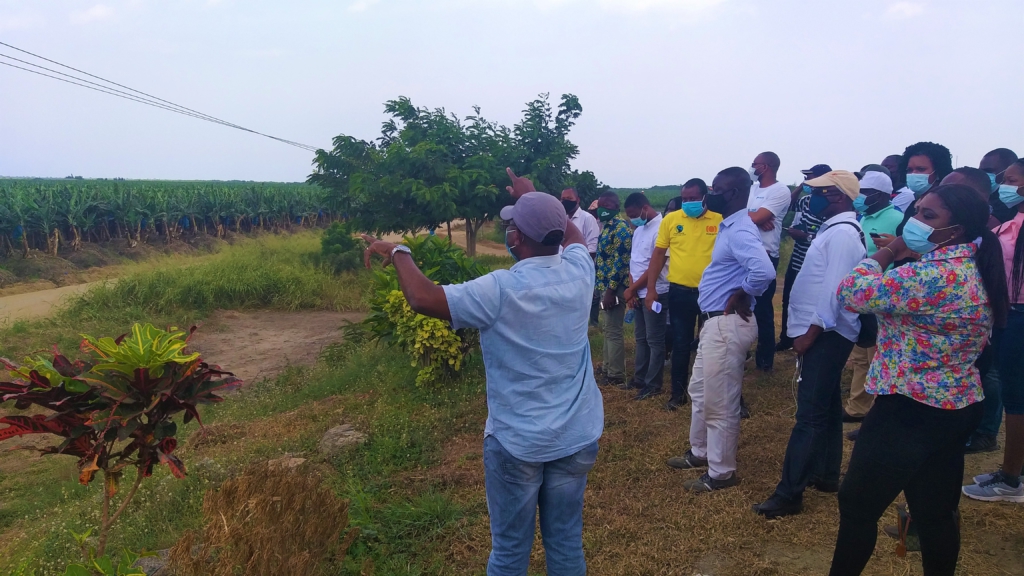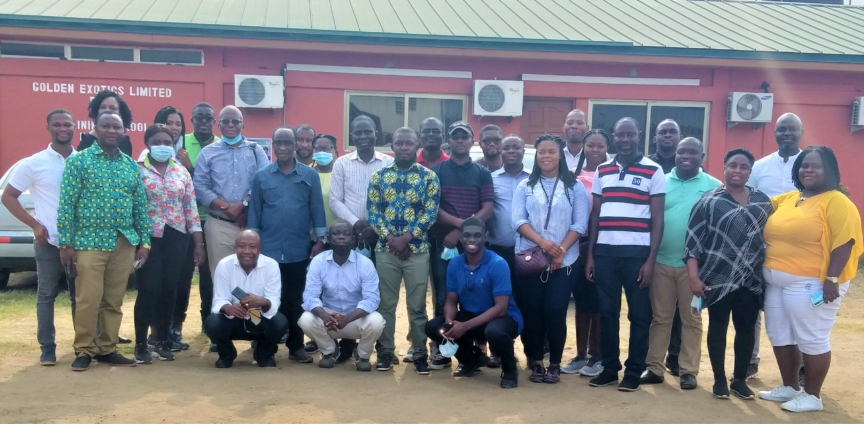The Ghana Incentive-Based Risk-Sharing System for Agricultural Lending (GIRSAL) through its Technical Assistance Facility (TAF) is partnering with the National Banking College (NBC) under its ‘Agriculture and Agribusiness Lending Course for Staff of Financial Institutions’ to train staff of financial institutions on agriculture financing.
The TAF is a key pillar of GIRSAL’s strategy and aims at strengthening the institutional capacity of staff of participating financial institutions in assessing loan applications from agribusinesses and hence help reduce the risk associated with lending to farmers and agriculture projects.
This initiative is supported by Alliance for a Green Revolution in Africa (AGRA).
Training Modules
Due to the COVID-19 pandemic, the first batch of the training program was conducted virtually between August 11 and September 18, 2020, and was attended by 33 participants from 12 financial institutions.
The training combined classroom training, case studies and a field trip to an agribusiness. The 3-module training program was facilitated by well-experienced industry resource persons.

Modules 1 and 2 of the course covered the agribusiness environment, value chains in Ghana, and agricultural loan appraisal techniques, and targeted agriculture desk officers, relationship managers, credit risk officers and credit analysts.
Module 3 covered managing agriculture loan portfolios, with lessons ranging from agriculture insurance to commodity finance.
It targeted senior management and portfolio managers. The next round of the training is scheduled for the end of the year.

Field Trip to Golden Exotic Ltd
Participants visited Golden Exotics Ltd Banana plantation at Asutsuare (the largest banana plantation in Ghana) where they engaged the management on operational and financing challenges and opportunities.
There was also an interactive simulated credit application assessment session to identify, analyze, evaluate, and propose mitigation measures to value chain risks.
The field visit helped participants translate the classroom training to practical on-field operations of a typical agribusiness.

It also allowed participants to observe the good agronomic practices, post-harvest operations and learn the challenges and opportunities of large-scale farming operations as well as its financing and market environment.
The trip produced positive feedback from the participants who found it very educative and insightful and admitted the modules are very relevant to their work.
Latest Stories
-
Sametro Group of Companies donates to widows in Tarkwa Nsuaem Municipality to mark Christmas
13 minutes -
Morocco’s Family Code revision proposals unveiled in Rabat
2 hours -
Saglemi fire: No documents lost, redevelopment project unaffected – Oppong Nkrumah
2 hours -
WAEC uncertain about meeting Dec. 29 deadline for WASSCE results
2 hours -
‘She Leads Project’ calls for more female representation in politics to address women’s issues
2 hours -
DJ Promise crowned Best Radio DJ at Dangme Music Awards 2024
2 hours -
Re-collation: Court sets Dec. 27 to hear NDC’s suit against EC
3 hours -
Let’s remain positive, optimistic, and with calmness, rebrand our party – Afenyo-Markin
3 hours -
L’aîné HR celebrates 30 years of excellence in HR management in Ghana
4 hours -
Corporate Wellness: Elegant Homes emphasizes impact of Annual Health and Family Fun Day
4 hours -
BoG issues bancassurance directives to stakeholders in financial sector; warns of sanctions
4 hours -
African Paralympic Committee President sends festive greetings to fraternity
5 hours -
Ghana-Russia Centre holds its first corporate social responsibility event in Ghana
5 hours -
Mozambique’s opposition leader vows to install himself as president
6 hours -
‘Politics will come and go’ – Afenyo-Markin calls for national development
6 hours

